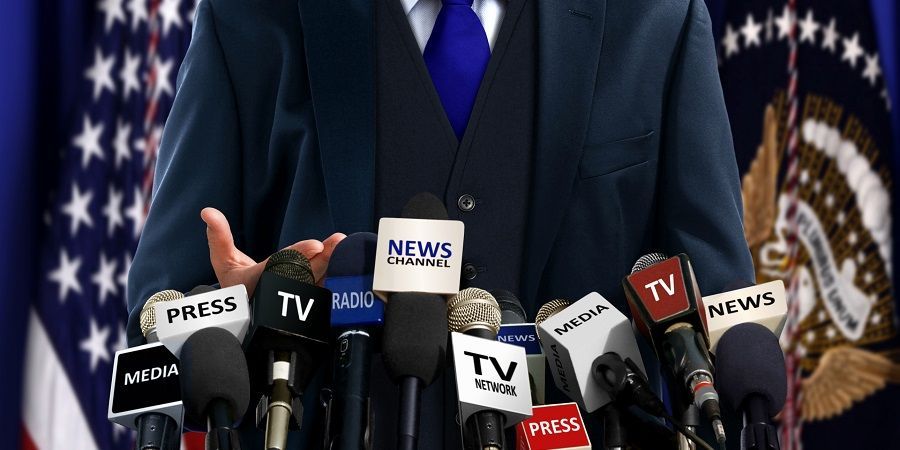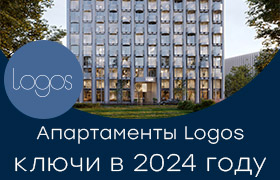Fradkov Named Foreign Spymaster
President Vladimir Putin has named Mikhail Fradkov as head of the Foreign Intelligence Service, in a surprise appointment that, observers said, indicates that the bland former prime minister had been a KGB operative. Fradkov will replace Sergei Le.

Fradkov will replace Sergei Lebedev, who was named executive secretary of the Commonwealth of Independent States on Friday.
"As far as the director of foreign intelligence is concerned, this person is well known to you. This is Mikhail Fradkov," Putin told reporters Saturday in Dushanbe, where he was attending a CIS summit.
Fradkov, widely seen as an "outsider" and obedient technocrat when appointed prime minister by Putin in 2004, stepped down last month in a Cabinet shake-up.
His resignation had been seen as the death of his political career, and his appointment to the Foreign Intelligence Service, known by its Russian acronym SVR, indicates a KGB background and his allegiance to Putin's siloviki backers, analysts said.
"This confirms that Fradkov was an agent," said Olga Kryshtanovskaya, a leading sociologist who tracks Kremlin politics and the security services.
The siloviki are a hawkish Kremlin clan comprising current and former security and military officials. Kryshtanovskaya estimated that 78 percent of the elite under Putin are affiliated with the siloviki, while 26 percent have direct experience working for the security services.
The only hint on Fradkov's resume to a possible KGB past was his posting to the economic section of the Soviet Union's embassy in New Delhi in 1973, just a year after he graduated from the Moscow Instrument-Building Institute.
Fradkov, a diminutive, moon-faced man with a soft voice, would be a model operative for the security services, Kryshtanovskaya said.
"The special services ... value modesty. They don't want people who are out there working on their own image. They must work not in their own interests, but in the interests of the corporation," she said.
"His manner comes across as 'I'm small, pay no notice,' but his position on the Security Council, then the tax service, then his appointment as prime minister, show that he holds the highest state secrets," she said.
The highlights of Fradkov's relatively lackluster career before becoming prime minister included short stints as foreign trade minister and trade minister in the 1990s and as the head of the Tax Police under Putin. He also served briefly as deputy head of the Security Council.
He might have first met Putin in the early 1990s, when he was a deputy foreign trade minister and Putin oversaw foreign trade in St. Petersburg.
Sergei Markov, a Kremlin-connected political analyst, agreed that Fradkov's security ties were being laid bare with his appointment to the SVR.
"The president is drawing on a reserve of personnel who are currently needed -- people from the SVR, people from the KGB," he said.
Some officials praised the move, with Alexander Torshin, deputy speaker of the Federation Council, describing Fradkov as "a man with clean hands, a warm heart and a cool head," Itar-Tass reported.
But Duma Deputy Viktor Ilyukhin, a Communist who sits on the Duma's Security Committee, expressed doubt that Fradkov was up to the task. "Putin in the last month has not been acting in the interest of the country," Ilyukhin said by telephone Sunday. "While I respect Fradkov, the SVR is a very specific service to which he is not suited. The head of the SVR should be a professional."
The SVR coordinates the country's spying activities abroad. Mike McConnell, the U.S. director of national intelligence, said last month that Russian espionage was approaching Cold War levels.
Fradkov has been "relaxing in the Moscow region" since he resigned, White House spokesman Yevgeny Revenko said. He attended Putin's 55th birthday celebrations in the Kremlin on Sunday.
The appointment of Lebedev as executive secretary of the CIS was announced Friday by Kazakh President Nursultan Nazarbayev, who has held the CIS's rotating presidency for the past year. Lebedev replaces Vladimir Rushailo, a former interior minister who has headed the CIS since June 2004.
Lebedev and Putin both served with the KGB in East Germany in the 1980s.
Kremlin spokesman Dmitry Peskov said Lebedev's intelligence background would aid him in his new role as secretary of the CIS, a loose grouping of 12 former Soviet republics.
"Being in charge of the foreign intelligence services, you have access to maximum information. Being the owner of maximum information gives you the opportunity to use this information to speed up effectiveness," he said.
"The CIS is living through an important period of transformation, of finding its own unique place in the [international] system," Peskov said.
The appointment is not without precedent. In June 2000, Putin named Lebedev's predecessor at the SVR, Vyacheslav Trubnikov, as special presidential representative to the CIS.
Also Saturday, Putin said he would appoint Grigory Rapota to replace Dmitry Kozak as presidential envoy to the Southern Federal District. Kozak was named regional development minister in the Cabinet shake-up that saw Fradkov resign.
Rapota, a former KGB officer, most recently acted as general secretary of the Eurasian Economic Community, an economic union of Russia, Belarus and Kazakhstan.
"Grigory Rapota worked well and effectively, and we have reached positive results in the Eurasian Economic Community largely due to his efforts," Putin said, RIA-Novosti reported.
Rapota was deputy head of the SVR from 1994 to 1998, before serving a short stint as deputy secretary of the Security Council.
He was deputy director of Rosvooruzheniye, the former state arms export agency, from late 1998 to September 1999, when he was named deputy trade minister and then deputy industry and energy minister. He had headed the Eurasian Economic Community since October 2001.












